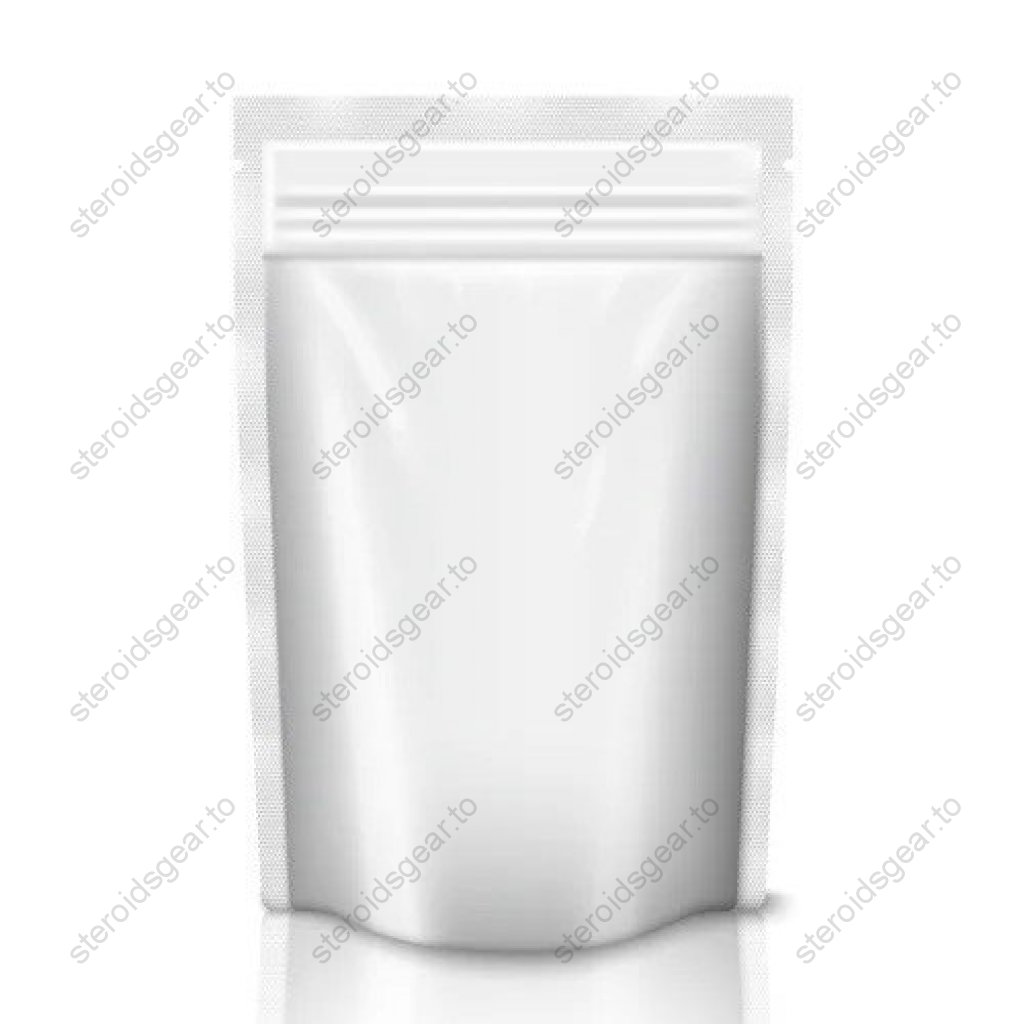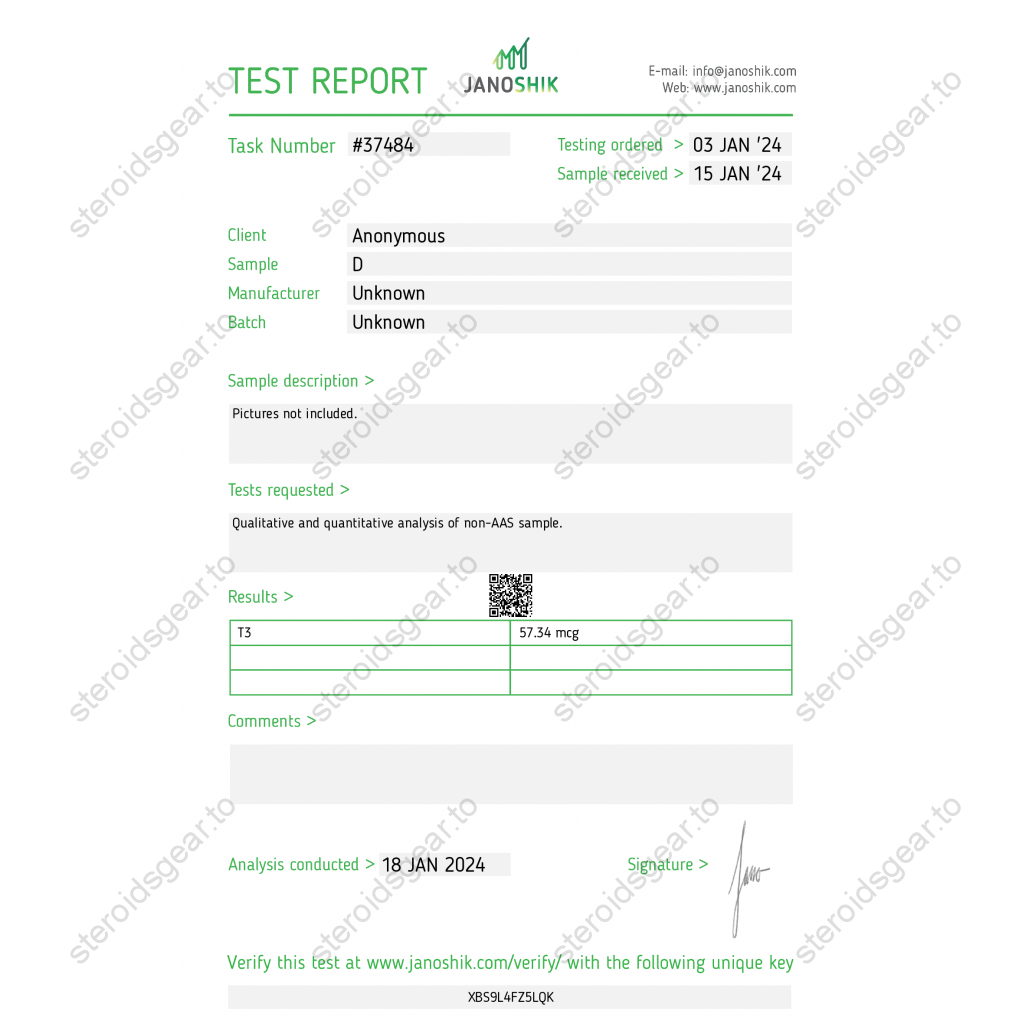



Drug Class: Thyroid Hormone
Administration: Oral use
Manufacturer (Brand): Stealth Labs USA
Chemical Substance: Liothyronine Sodium
Strength: 25 mcg/tab
Unit: 100 tabs
Products are shipping without brand label for security reasons.
Legit Stealth Labs USA | Buy Liothyronine Sodium for Sale
Liothyronine Sodium T3 for Sale: Uses, Dosage, Cycle, Benefits, Side Effects & Reviews
Liothyronine sodium, commonly recognized by its brand name, Cytomel, is a synthetic form of a natural thyroid hormone, triiodothyronine (T3). It stands as a cornerstone in the medical management of thyroid hormone deficiency, encompassing a spectrum of conditions from the primary hypothyroidism of various etiologies to the more subtle but clinically relevant euthyroid sick syndrome. This pharmacologic agent mirrors the metabolic actions of endogenous T3, exerting a profound influence on virtually every physiological system by modulating the transcription of sensitive genes and accelerating cellular metabolism.
The story of liothyronine sodium begins with the understanding of thyroid physiology and the pivotal role that thyroid hormones play in maintaining homeostasis. Triiodothyronine (T3) and thyroxine (T4) are iodine-containing hormones produced by the thyroid gland that regulate the body's metabolic rate, affecting heart, muscle, and digestive function, brain development, bone maintenance, and more. While T4 is produced in greater amounts, T3 is the more active hormone, capable of influencing the expression of several genes that control metabolism. Liothyronine sodium, as a synthetic analogue of T3, offers a direct approach to supplementing or replacing this vital hormone in patients whose thyroid glands are underactive or have been surgically removed or ablated.
Administered orally or by injection, liothyronine sodium's therapeutic utility is far-reaching. Its rapid onset of action and short half-life allow for fine-tuned management of hypothyroidism, offering clinicians an advantage in situations where precise control of thyroid hormone levels is paramount, such as preparing thyroid cancer patients for radioactive iodine therapy by achieving a hypothyroid state or managing myxedema coma, a severe form of hypothyroidism that requires swift intervention. Furthermore, liothyronine has found a niche role in the controversial and much-debated 'combination therapy' for hypothyroidism, where it is used alongside levothyroxine (T4) to alleviate persistent symptoms in patients otherwise considered euthyroid on T4 alone, challenging the traditional monotherapy paradigm.
However, the potent metabolic effects of liothyronine sodium necessitate careful dosing and vigilant monitoring to sidestep adverse reactions. Excessive doses can precipitate symptoms of thyrotoxicosis, ranging from palpitations, rapid weight loss, and muscle weakness to more serious effects such as atrial fibrillation and osteoporosis, especially in elderly patients. Therefore, the initiation and titration of liothyronine follow a cautious, individualized approach, considering factors such as the patient's age, underlying cardiac status, and the presence of comorbidities.
In light of its potent activity and the body's narrow therapeutic window for thyroid hormones, the use of liothyronine sodium is not without controversy, particularly in the context of weight loss and athletic performance enhancement. Its ability to accelerate metabolism has attracted individuals seeking shortcuts for weight reduction or improved physical performance. Such misuse not only poses significant health risks but also underscores the need for increased awareness and education on the proper use of thyroid hormone therapies.
In the panorama of endocrine therapy, liothyronine sodium exemplifies the blend of challenge and opportunity. Its introduction has undoubtedly transformed the landscape of thyroid hormone replacement, enabling nuanced and tailored therapeutic strategies that align closely with the physiological demands of the human body. Nonetheless, the quest for optimizing its application, minimizing its risks, and debunking the myths surrounding its use in non-approved indications continues. As research progresses and clinical experience accumulates, liothyronine sodium remains a subject of active investigation and discussion, embodying the perpetual journey of medical science towards refined, patient-centered care.
For more info about product discount/promo – Contact Our Customer Support
References:
Please log in to write Liothyronine (T3) review.